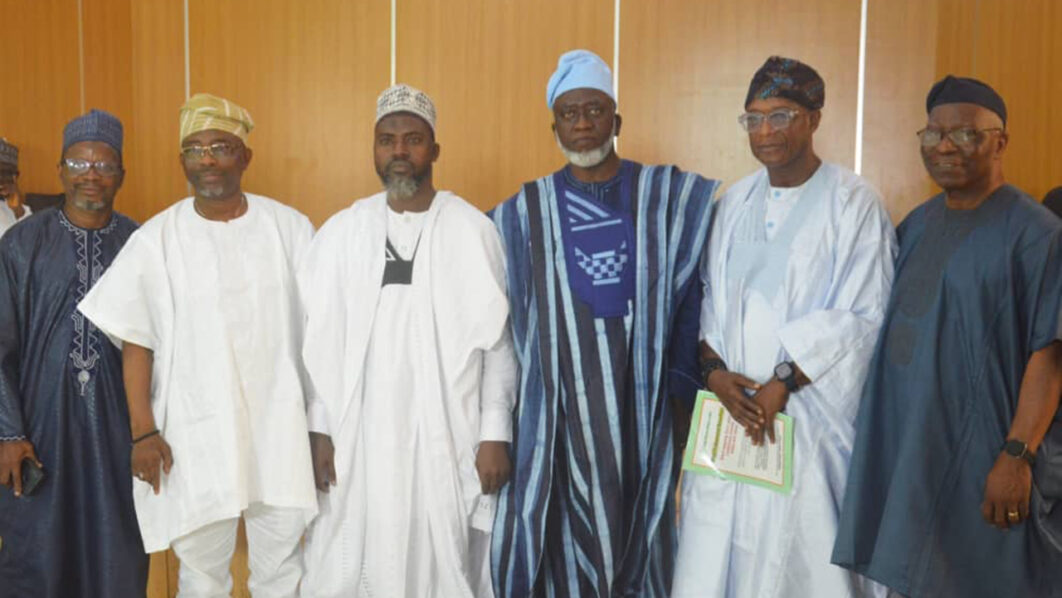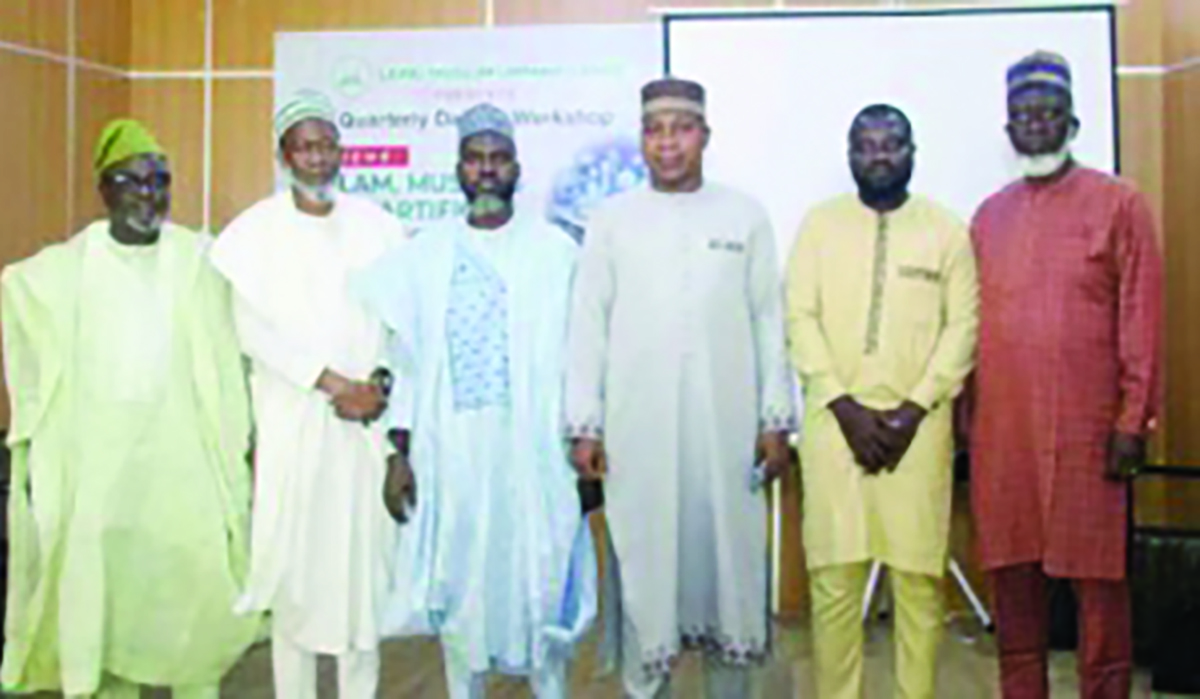
Lekki Muslim Ummah (LEMU) has tasked Muslim scholars on the need to popularise the practice of Islamic inheritance jurisprudence in the society. The Lagos State Attorney-General and Commissioner for Justice, Mr Lawal Pedro, SAN, who was the special guest of honour at the group’s Quarterly Da’awah workshop, themed “Will and Inheritance” held at the Lekki Central Mosque, Lagos., enjoined Imams and scholars to continue educating Muslims on inheritance in Islam. He stated that a Sharia court is already in place operating within the state’s legal framework, adding that Inheritance in Islam is vast and requires specialised knowledge to properly administer the estate of a deceased Muslim.
He said: “Muslims cannot make a will for the beneficiaries of more than one third of the estate. He cannot also exclude any of the legal beneficiaries except the will become a sin. The respective inheritors have been fixed by Allah. The beneficiaries of inheritors in Islamic law cannot be disinherited unless for some certain events.
“There are four males and eight females, (father, grandfather, brother, uncle and the females are wives, deceased’s daughters, mother, sisters among others), adding that none of them can be disinherited in Islam. This position of Islam that has been in existence for thousands of years is now being adopted in common law. Inheritance in Islam is vast and requires specialised knowledge to properly administer the estate of a deceased Muslim. It is my view that the benefit of effective administration of an estate in line with the Sharia is enormous as to ensure proper distribution of wealth, increase the consciousness of Muslims in halal manner, strengthen family bonds and reduce family disputes occasioned by property left by the deceased.”
He noted that more courts would have been designated as Sharia courts if not for the disruption caused by the #EndSARS protests in 2020, which led to the destruction of some courts.
Vice-President of LEMU, Alhaji Ibrahim Akiode, an engineer, announced that the organisation would soon begin offering inheritance administration services.
The services, he said, will assist Muslims in implementing Islamic inheritance laws and will be available on a subscription basis. Akiode emphasised that adhering to these laws is both a religious duty and a means of ensuring fairness and preventing disputes.
He said: “The Islamic laws of inheritance are not merely legal obligations—they are acts of worship. By adhering to these divine commands, we earn the pleasure of Allah and safeguard our families from discord and injustice. It is a duty upon every Muslim to understand these laws, to implement them in their lives, and to ensure that their legacy is one of righteousness and fairness.”
Chief Imam of LEMU, Imam Ridwan Jamiu, highlighted the necessity of Sharia courts in Lagos, citing Section 22 (3) of the Customary Law of Lagos State.
He highlighted the benefits of estate planning including giving ability to take full inventory of assets and liabilities, adding that, it helps in making informed decisions about distribution and management of wealth; minimises the risk of disputes and litigation in inheritance, and facilitates protection of wealth by ensuring that wealth is placed in the control of the right person (appointment of executors, trustees and power of attorney).






